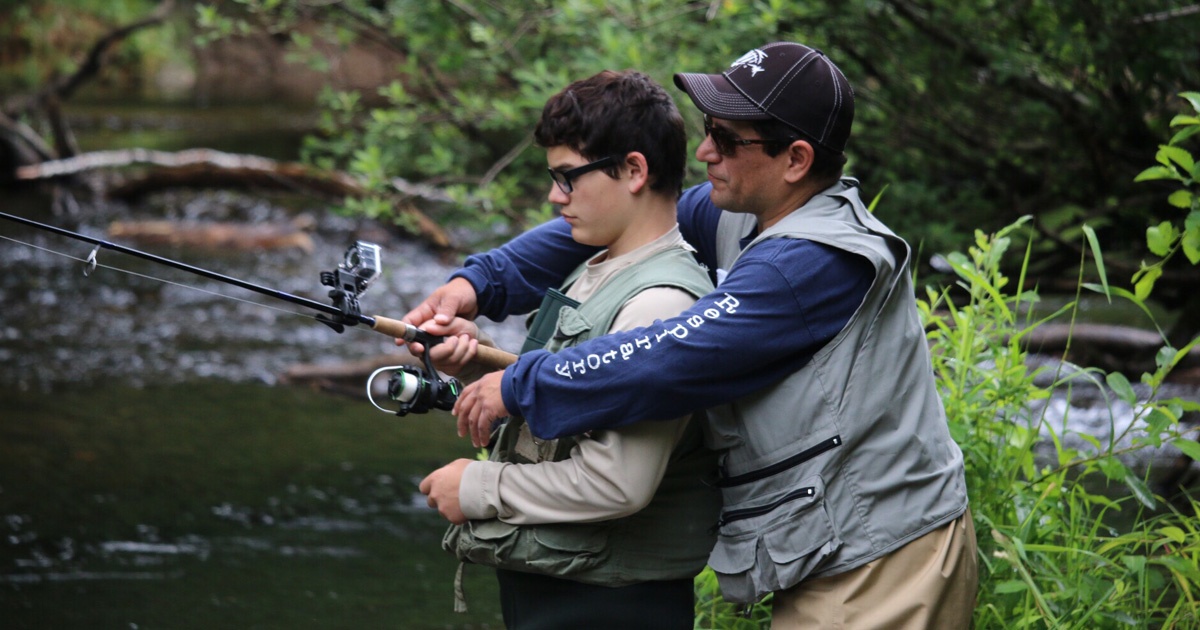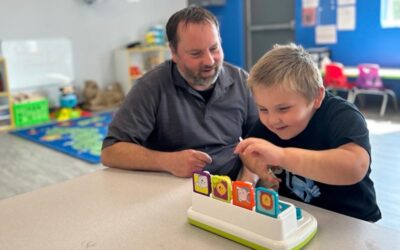Everyone had some awkward years growing up. Teenagers today face all kinds of pressure and challenges. As your child grows and learns to navigate their life more independently, it can be daunting trying to prepare them for adolescence. This is only made more difficult for children with autism. In this post, we’ll discuss autism’s teen years.
Dealing with Change
By far the most challenging things your child will face will have to deal with the amount of changes that come along with growing up. For many children on the spectrum, routine and structure keep them productive and thriving. Any changes to that can be disruptive to their learning and development. On top of that, teenagers experience changes with their bodies, academics, and social communication, amongst other things.
Preparing your child for the changes that await them is no easy task. Thankfully you won’t necessarily have to do it alone. Most schools will take plenty of steps in preparing your child for the changes that will come in their course load and expectations. Beyond that, you can do your best to start describing some of the things that will change for your child with autism early on. Walk them through what their new routine might be, work with their doctors on helping them understand the changes with their body, and most of all, give them plenty of time to adjust.
School and Socialization
Amongst the many changes your child might face as they become a teen are those in their school life and with their socialization. Your child may have to attend a new school and with that, comes new faces and new expectations. The potential spike in difficult classwork, time management, and social pressure can be a lot to handle. For a child on the spectrum who already struggled with academic and social challenges, getting plenty of support early on is crucial.
Work with the new school to ensure they are receiving the appropriate support sooner than later. If possible, show your child their new school well before they’ll start to attend it, just so they become familiar with the new environment. Teenage years always come with extra social pressures, do your best to help your child alleviate them with a few assists:
- If any kids near the same age will be attending the new school, work with them and their parents to set up a buddy system, so they can rely on each other in the new environment.
- Find out what, if any, clubs or events your child would be comfortable attending and get them enrolled. Talk with the organizer to ensure they understand what some of their symptoms may be so they can accommodate if necessary.
- Work with your child 1 on 1 on some social communication skills. Practice an interaction, teach them good questions to ask, and do your best to be a source of information for them.
- Help them embrace their new interests in a healthy way. Pick extracurriculars and elective classes that they will enjoy. Being around those who share their interests will only excite them and serve to help them along the path to making new friends.
With that in mind, you can prepare your teen for success in their academics and new social life. That being said, it’s always good to be mindful of some of the challenges you may face at home.
Preparing for the future
Neurotypical children will struggle through parts of their teen years as they experience puberty and all of its uncomfortable side effects. These can be especially difficult for a child on the spectrum who already struggles with communication, behavior, and stress. Every child is different and some may have it easier than others but if you suspect you may have to tackle these things with your child, don’t hesitate to prepare for the future early.
As they approach their teen years they may struggle with personal hygiene and behavior as they experience mood swings through puberty. Try preparing for these challenges by practicing positive reinforcement and working typical hygiene routines into their schedule early. You can help them understand by explaining the changes they’re going through so they see it as normal and manageable. Most of all, don’t forget the best thing you can give your teen is patience as they navigate through this period of intense change.
For more ABA and autism-related news and tips visit our blog and follow us on Facebook, Instagram, YouTube, and Twitter! If you have questions regarding ABA therapy services or you’re interested in visiting one of our locations, don’t hesitate to reach out to us on our contact page. We’re always here to answer your questions and support your family’s needs as best as we can.



